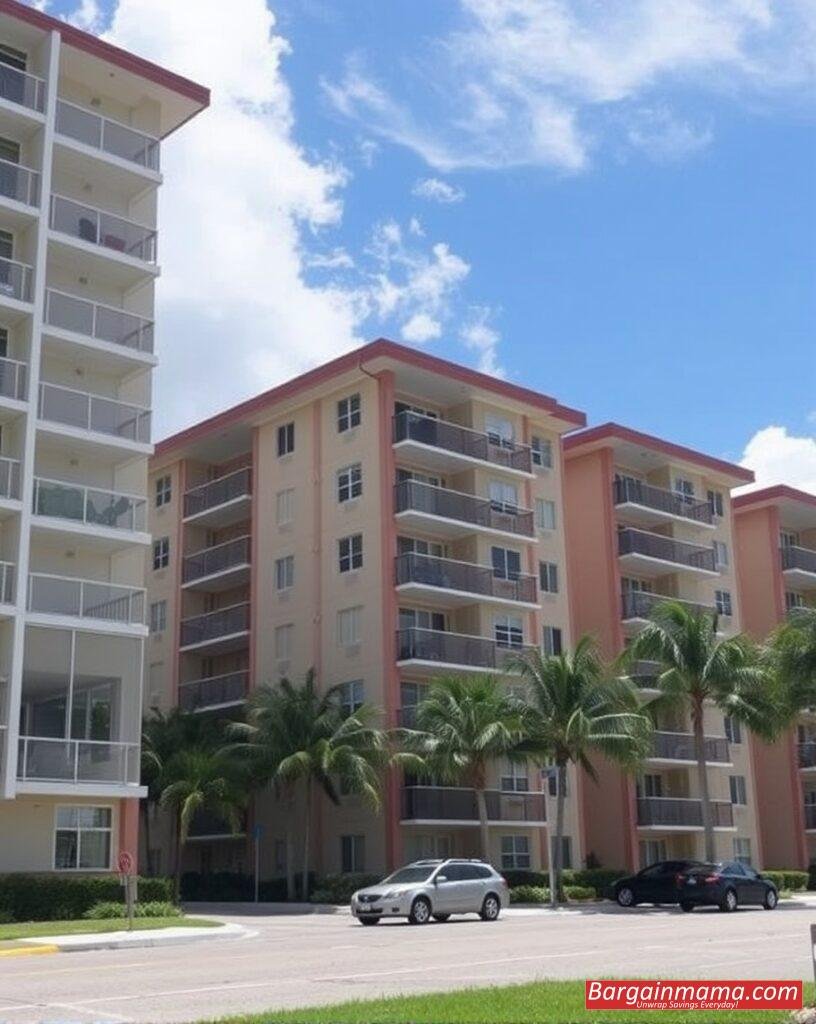Fort Lauderdale’s condominium sector is experiencing a severe downturn as part of Florida’s broader real estate crisis. Recent data from Miller Samuel reveals a sharp 14% decrease in condo sales during the third quarter, with only 386 units sold. The median price also fell by 3.9% to $427,500, reflecting a trend seen across South Florida’s major urban areas.
The city’s condo inventory has swelled to 1,557 listings, indicating waning demand. This slump coincides with climbing mortgage rates and new state-mandated safety regulations implemented after the tragic Champlain Towers South collapse in 2021, which claimed 98 lives.

These new laws, while aimed at preventing future disasters, have placed a significant financial burden on condo owners. Many are now required to fund expensive structural assessments and repairs, particularly challenging for older buildings that have deferred maintenance to cut costs.
Jonathan Miller, who authored the market report, attributes the sales decline partly to higher mortgage rates. He noted that while most markets are seeing rising prices, modest sales declines, and increasing inventory, stock levels remain below pre-pandemic figures. Cash sales, though above normal, haven’t reached record highs.
Palm Beach bucked the trend with a 70% increase in condo sales, totaling 39 closings in Q3, despite a 45.5% inventory surge. Conversely, Miami Beach and surrounding barrier islands saw a 23% drop in sales. Overall, condo sales in these areas fell by 25%, while single-family home sales decreased by 3.3% with just 89 closings. Miami Beach’s condo inventory rose by 40.6% to 3,483 units.
The new inspection requirements have sparked controversy among condo owners facing substantial repair costs. At Harborage Condos, Darlene VanRiper is leading efforts to challenge these laws after an engineer estimated $6.48 million in necessary repairs to comply with state regulations, potentially costing each unit owner an additional $3,000 monthly.
Estimates suggest up to 360,000 South Florida condo owners may struggle to afford mandatory repairs under the new laws. This financial strain, combined with rising insurance costs due to frequent natural disasters, is causing many to reconsider Florida as a long-term residence. Some recent transplants who moved during the pandemic are now listing their properties for sale.
Florida’s once-booming real estate market, which thrived from 2021 to 2023 due to remote work trends and favorable tax policies, is showing signs of cooling. The combination of increasing costs and buyer hesitation suggests a potential major market correction, with experts predicting significant price drops as the market adapts to the evolving economic conditions.



